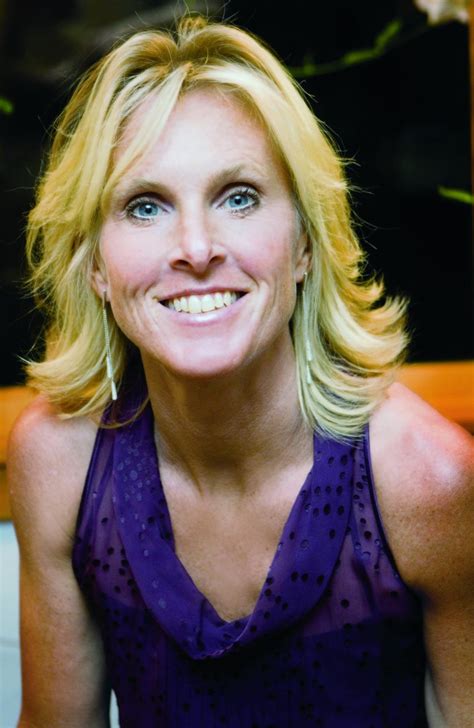A Quote by Sophie Hannah
I am trying to write novels for properly clever people, but I also want them to be proper novels that also stick in a person's mind and have an atmosphere about them.
Related Quotes
In the end, of course, all novelists will be judged by their novels, but let's not forget that we will also need new ways of assessing the latter. There are people who will continue to write nineteenth-century novels in the early twenty-first, and even win major prizes for them, but that's not very interesting, intellectually or emotionally.
Now you mustn't think that I don't have any ideas for novels in my head. I've got ideas for ten novels in my head. But with every idea I have, I already foresee the wrong novels I would write, because I also have critical ideas in my head; I've got a full theory of the perfect novel, and that's what stumps me.
Why do I like to write short stories? Well, I certainly didn't intend to. I was going to write a novel. And still! I still come up with ideas for novels. And I even start novels. But something happens to them. They break up. I look at what I really want to do with the material, and it never turns out to be a novel.
In Pakistan, many of the young people read novels because in the novels, not just my novels but the novels of many other Pakistani writers, they encounter ideas, notions, ways of thinking about the world, thinking about their society that are different. And fiction functions in a countercultural way as it does in America and certainly as it did in the, you know, '60s.






































